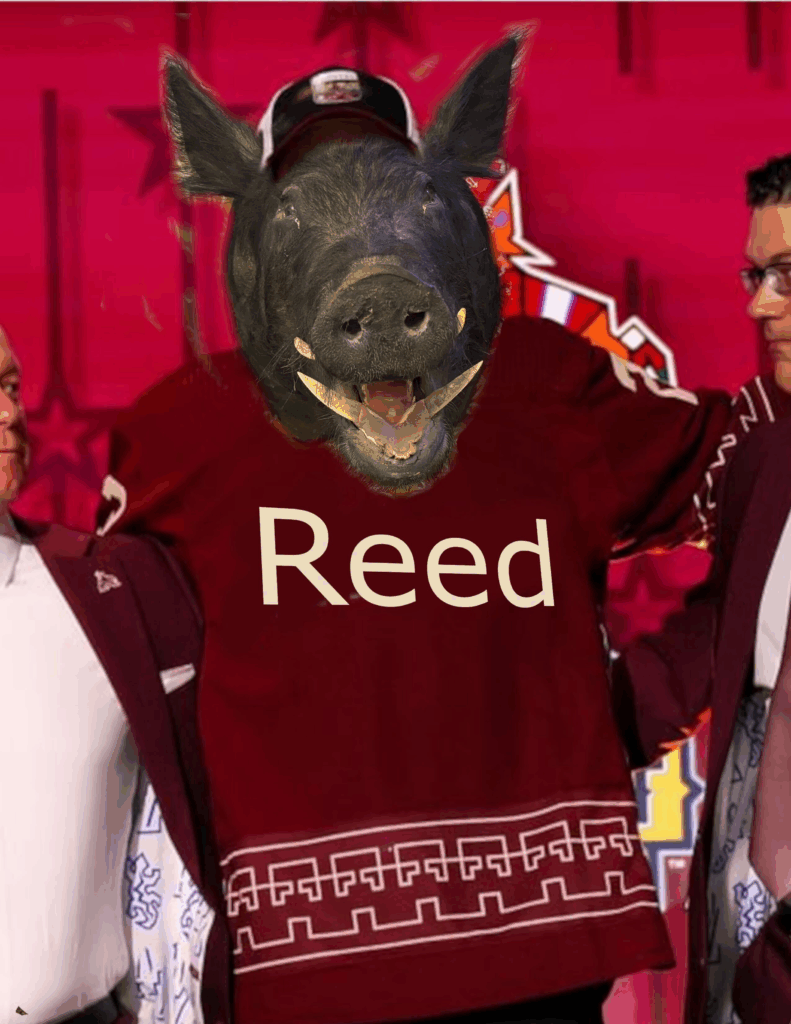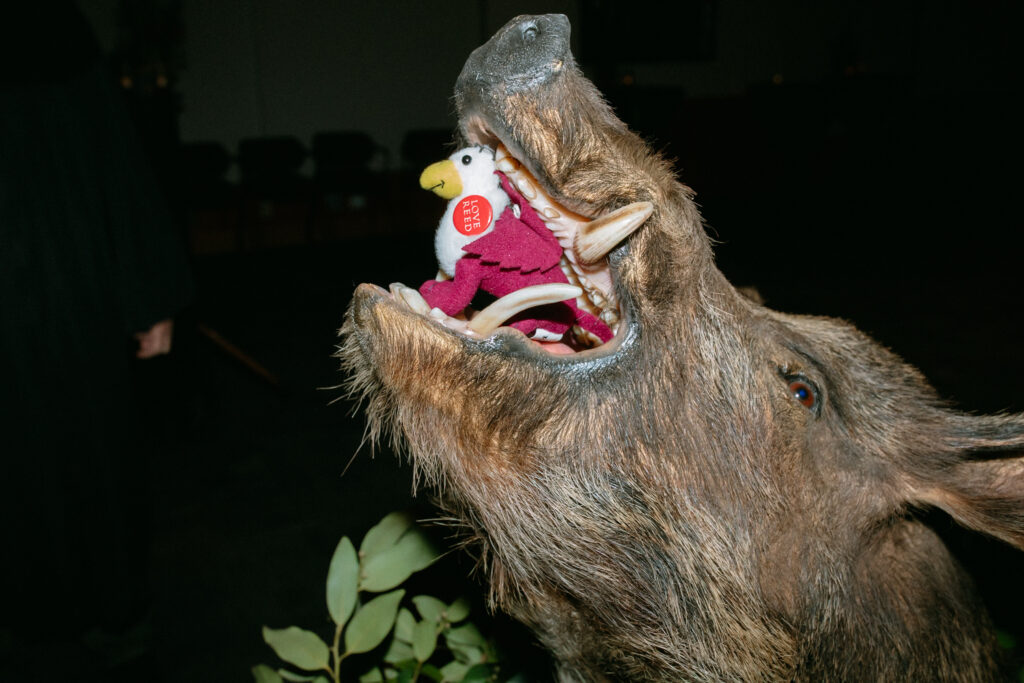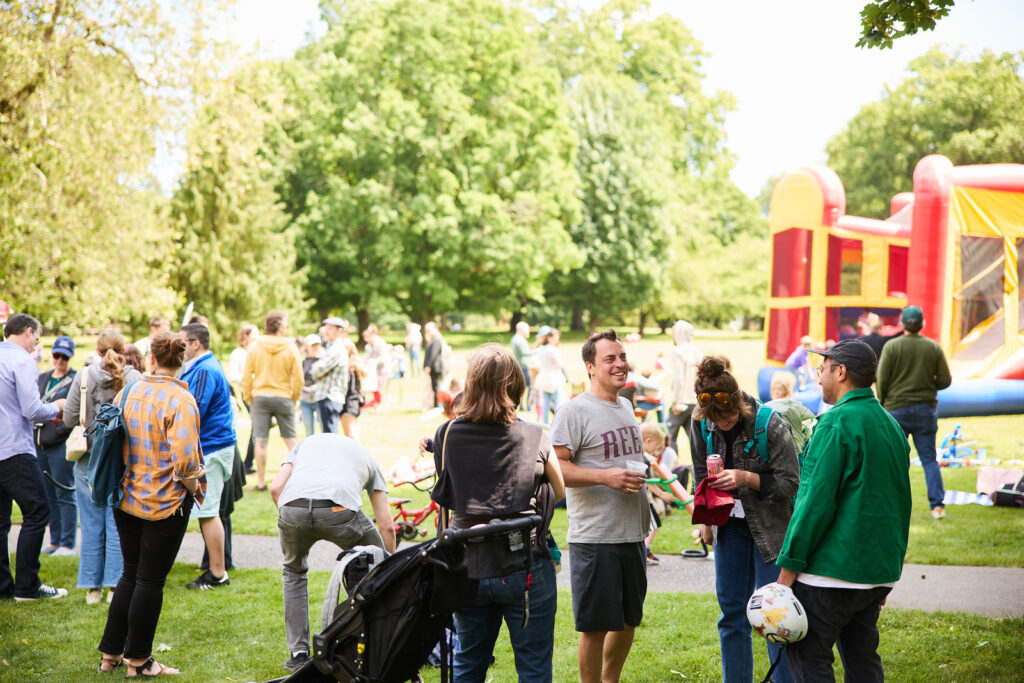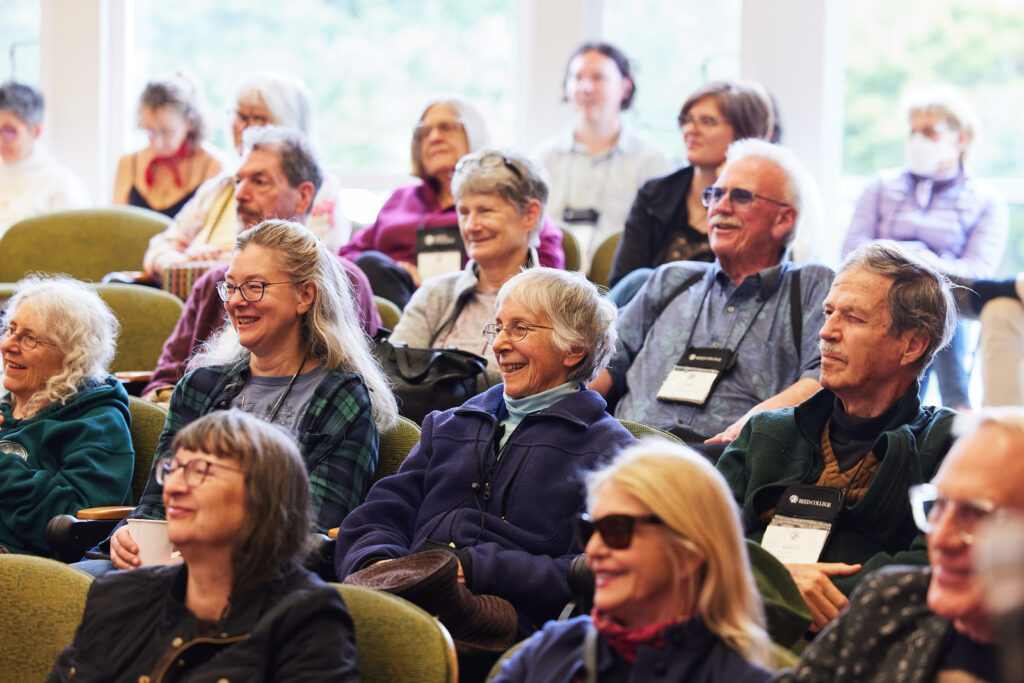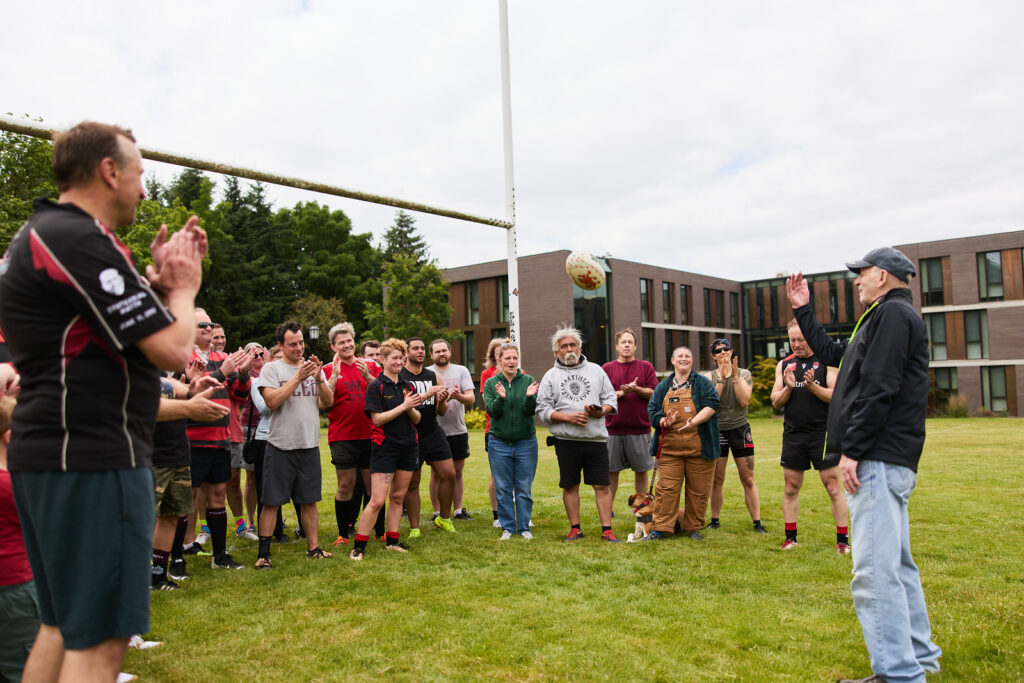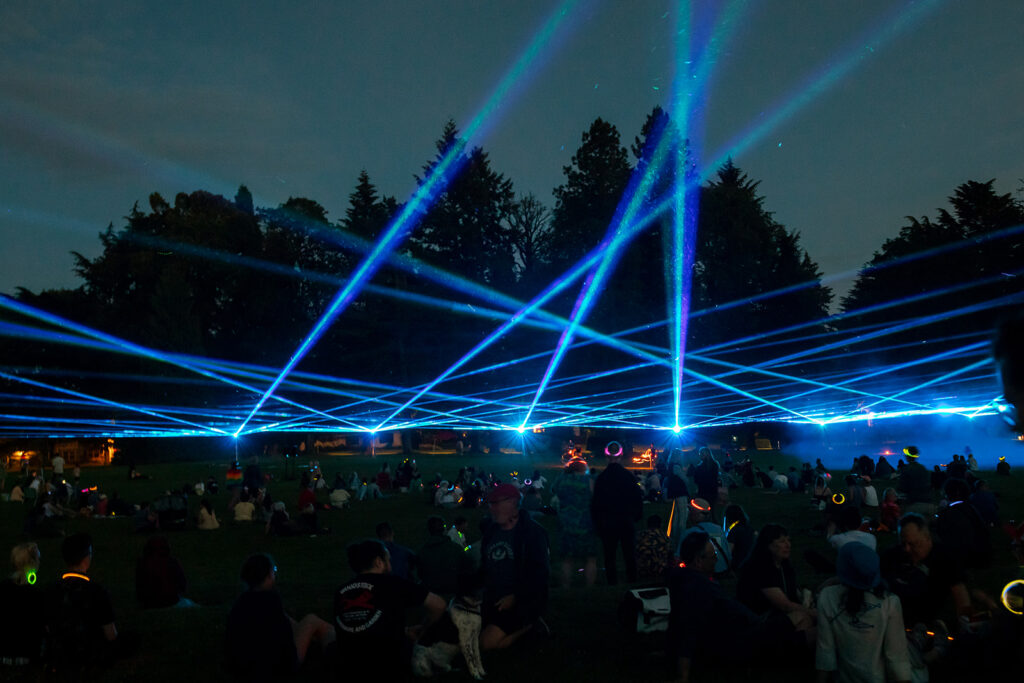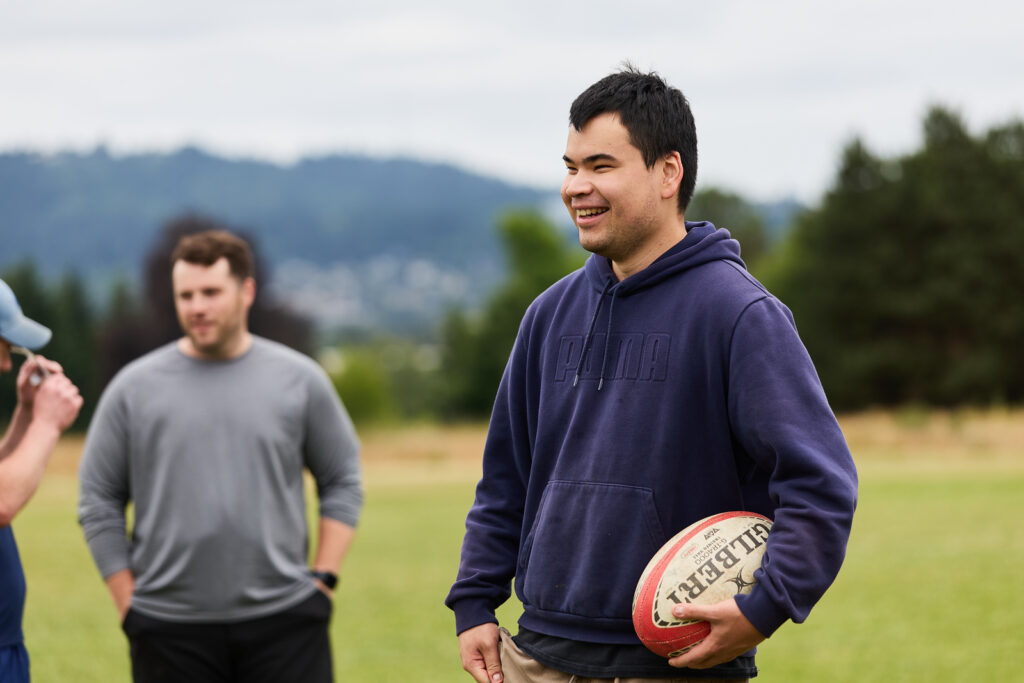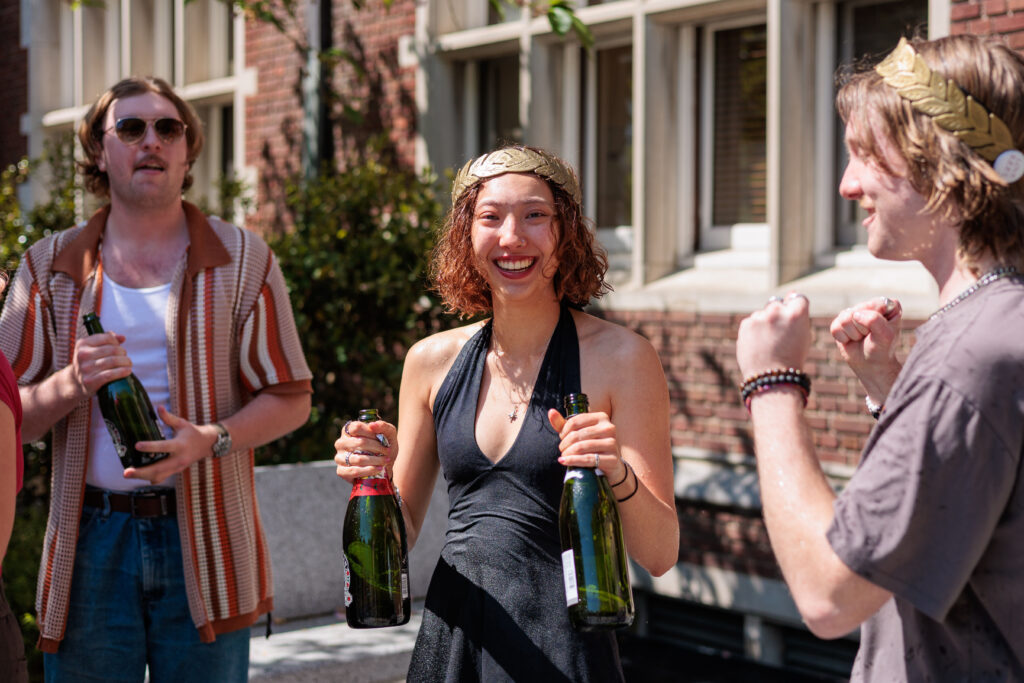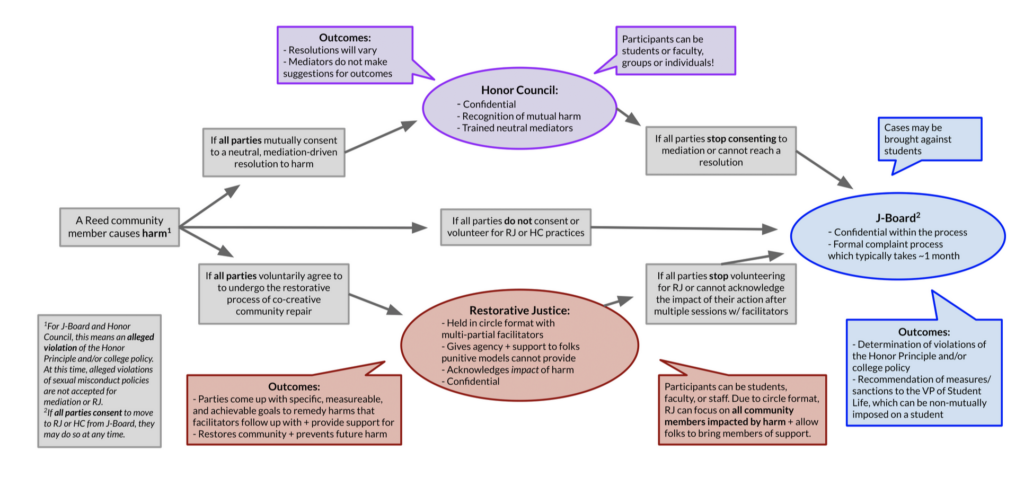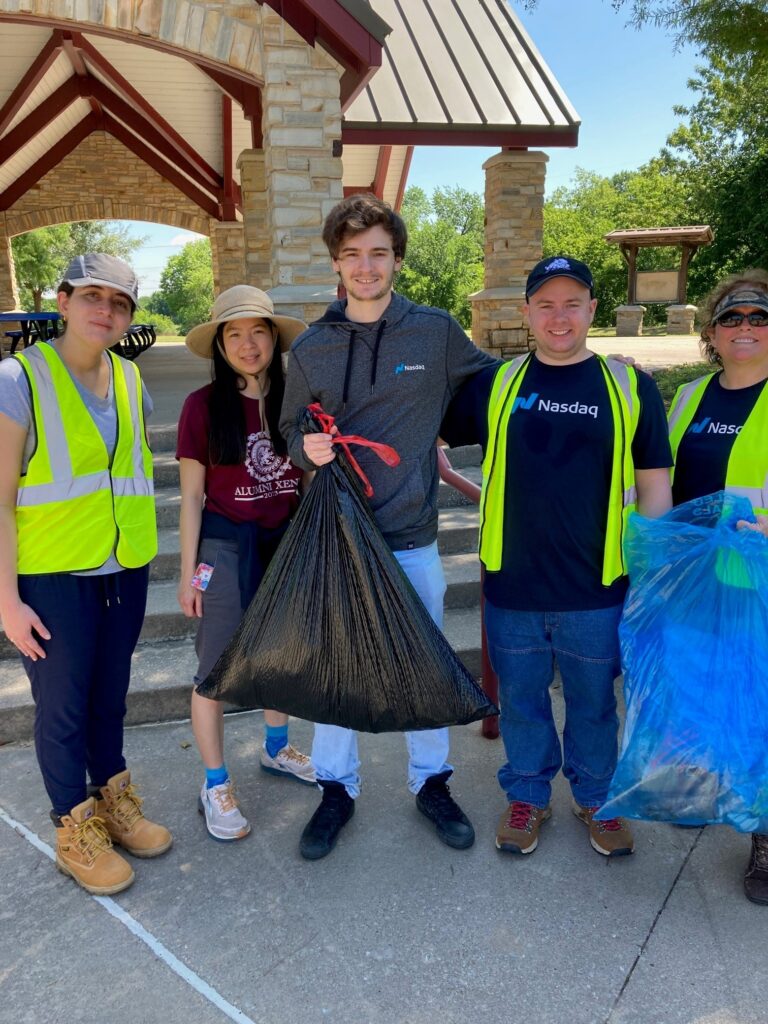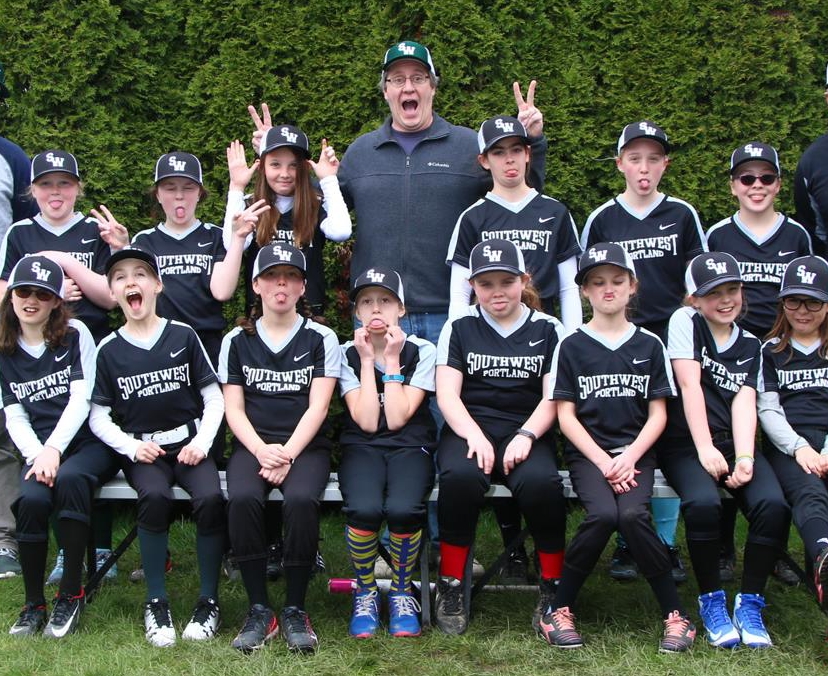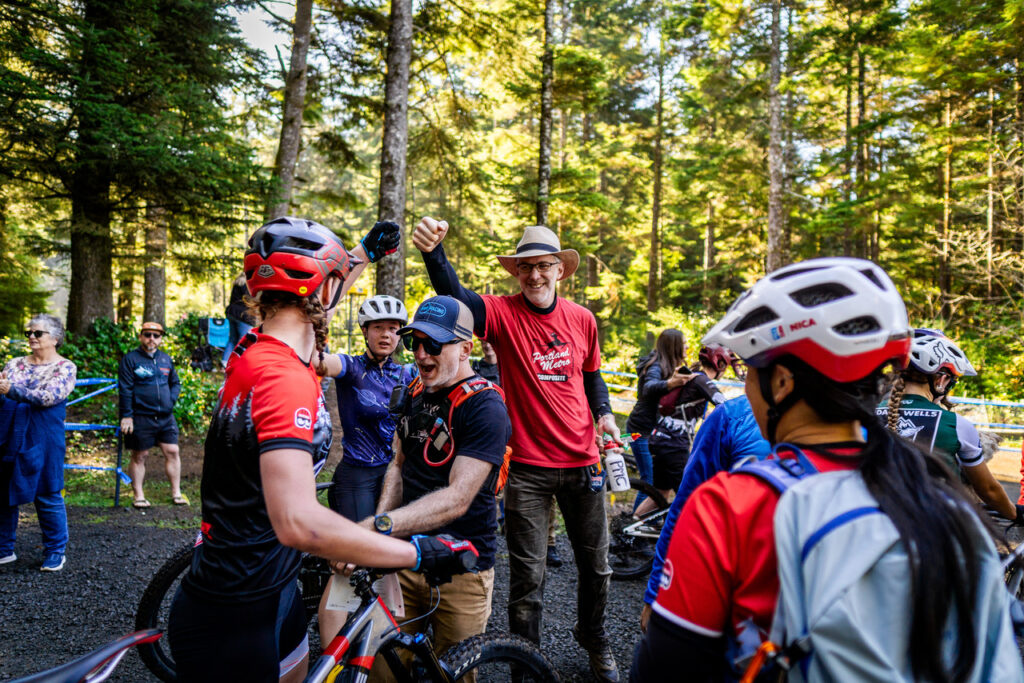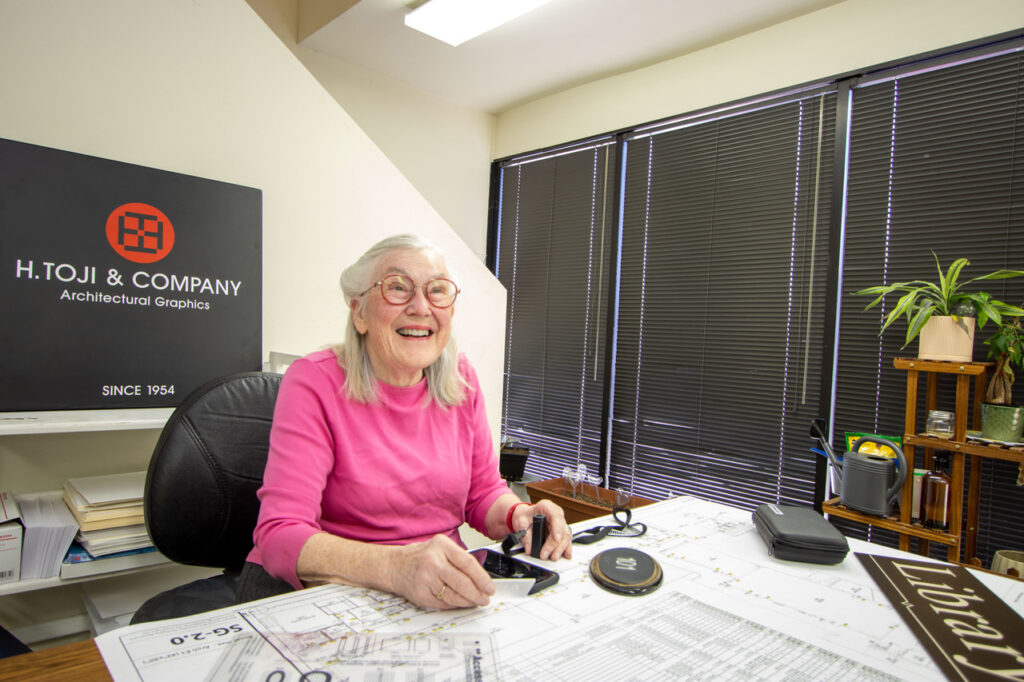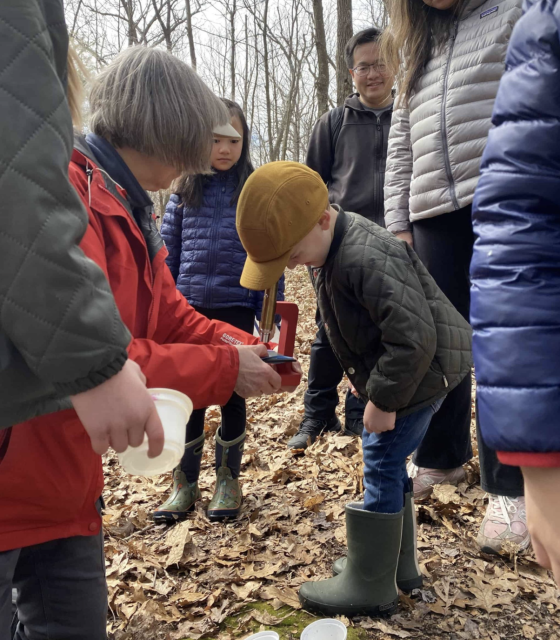Before American Football, there was rugby and before rugby there was rugby, and our school has been playing rugby officially for 50 years now. Starting in 1974, the proud members of the Rugby club had only a book on rugby as their head coach and a foreign exchange student from Keele as their assistant coach. Somehow, they managed to win their first game, but that was probably mostly due to dumb luck. Paul Lucre ’92 said that they only won two games while he played on the rugby team, but nevertheless he had a lot of fun. Eventually, the rugby team managed to get a coach by the name of Peter Carmini. The Rugby team back then was dirt poor and could not even buy their own Rugby balls, they had to ‘acquire’ them through various means (and from various teams).
One time the rugby team was going to play against a Catholic School, and some students decided that it would be funny to dress as monks, and bring out a cross and burn it in front of the Catholic players. Understandably, the Catholic players were not pleased and promptly left without playing a game.
Typically, when people talk about Rugby, they are talking about two different styles of Rugby: fifteens and sevens. Fifteens is fifteen players versus fifteen players, and sevens is seven players versus seven players. The beauty of Rugby lies in the fact that you need all kinds of body sizes to make an effective team—you need your big guys to play forward positions because they can tackle and hit more effectively, meanwhile the smaller and faster people play as backs. These are your scorers, they run around with the ball and score tries (Rugby touchdowns). Personally, I enjoy the rush of tackling someone to the ground (Yes officer, I assure you I am indeed a sane person), but in rugby there is a position for everyone’s body size and for everyone’s interests. Rugby is not a gentlemanly game played by thugs, it’s a thuggish game played by gentlemen.
50 years of anything is bound to create traditions, and Reed Rugby is no exception. At the end of the year all the members, regardless of gender, put on prom dresses and play rugby. The Rugby team is also famous for winning the owl fight on multiple occasions, sometimes in collaboration with other entities like the Russian House, or sometimes just by themselves. (Bulky Reedies who exercise regularly and have built-in teamwork are bound to do well in a brawl for a concrete owl.) Some traditions have changed, for example, there used to be a tradition where after a person scored their first try they would have to strip naked and dance. This has (thankfully) been replaced with just drinking a beer out of a boot.
The Reed Rugby Team is not just a team of Reed students; it merged with Lewis and Clarke to form the Reed Lewis and Clarke rugby club or simply RLC, which has two teams under it, the W+ team and the M+ team or the Porcupines and River Rats, respectively. This merger is most beneficial for everyone since we get to borrow LC’s football players while they get more bodies on their rugby team. At the end of the day, we get more wins, which is great for all parties involved. To celebrate the 50th Anniversary of Reed Rugby, there was a game held on the Rugby Field during Reunions. Many people showed up and despite some of the alumni’s ages, a lot of them were just as fast and just as slippery as they were when they started playing rugby.
Mildly Concussed,
William

